
I guess I must have been simply naïve when I concluded, after seeing and flipping out over Richard Linklater’s The Newton Boys 14 years ago, that everyone else would like it as much as I did. But frankly, I’m even more bewildered by the critical coolness being shown now in some quarters towards Bernie, a masterpiece which might be regarded as a kind of companion piece to The Newton Boys, only one that runs still deeper and is in some ways even more accessible: another edifying film about locals from a part of East Texas that Linklater obviously knows like the back of his hand and deeply cherishes, and another one that ponders the notion of justifiable or defensible crime without ever deserting a sturdy moral code.
The writing (by Linklater and Skip Hollandsworth, whose non-fiction article, which first appeared when The Newton Boys was in post-production, inspired the movie) is so good that the humor can’t be reduced to simple satire; a whole community winds up speaking through the film, and it has a lot to say. In fact, it’s hard to think of many other celebrations of small-town American life that are quite as rich, as warm, and as complexly layered, at least within recent years. Read more
From the Chicago Reader (October 4, 2007). — J.R.
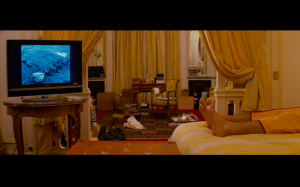
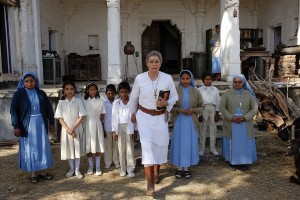
In its story line, this wacky tale from Wes Anderson (Rushmore, The Royal Tenenbaums) about estranged wealthy brothers (Owen Wilson, Adrien Brody, cowriter Jason Schwartzman) reunited for a strained spiritual journey through India is pretty unconvincing as character development. Every bit as precious as Anderson’s preceding features, it differs this time from late Salinger only in the way that these spoiled neurotics are implicitly ridiculed as both ugly Americans in the third world and spiritual poseurs — unlike their more committed mother (Anjelica Huston). What this movie has going for itself in spite of its cloying pleas for indulgence is a playful and interesting narrative structure that precludes much development and comes to the fore only toward the end. The whole thing may drive you batty, but as with Rushmore, the melancholy aftertaste lingers. With Amara Karan and Bill Murray. R, 91 min. a Century 12 and CineArts 6, Renaissance Place. — Jonathan Rosenbaum
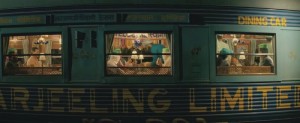 Read more
Read more
Adapted from “Problemes d’accès: Sur les traces de quelque films et cinéastes ‘de festival,’” translated by Jean-Luc Mengus, Trafic no. 30, été 1999. — J.R.
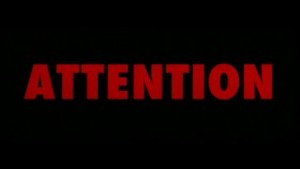
“Festival film”: a mainly pejorative term in the film business, especially in North America. It generally refers to a film destined to be seen by professionals, specialists, or cultists but not by the general public because some of these professionals decide it won’t or can’t be sufficiently profitable to warrant distribution. Whether these professionals are distributors, exhibitors, programmers, publicists, or critics is a secondary issue, particularly because these functions are increasingly viewed today as overlapping, and sometimes even as interchangeable.
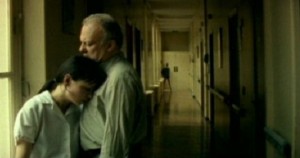
The two types of critic one sees at festivals are those (the majority) who want to see the films that will soon be distributed in their own territories, and those who want to see the films that they’ll otherwise never get to see — or in some cases films that may not arrive in their territories for a few years. The first group is apt to be guided in their choices of what to see by distributors, or else by calculated guesses of what distributors will buy. The second group, if it hopes to have any influence, will ultimately seek to persuade potential distributors as well as ordinary spectators, but whether it functions in this way or not, its spirit is generally guided by cinephilia more than by business interests. Read more






